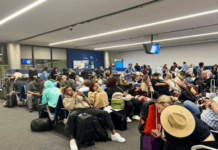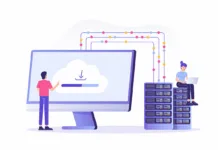How to stay safe online
1. Antivirus
Initially, antivirus software was only used to remove viruses and malware from computers. With the advancement in technology, antivirus software has evolved to also offer protection from online threats.
Always make sure your computer is installed with an antivirus software and keep it updated. There are several free antivirus software that you can easily download and install on your computer such as Avast, McAfee.
2. Passwords
Most websites will always show you the strength of your password as you set it up. A strong password should include a combination of text, numbers (123…) and special characters (such as @#$%^&*()_+.,/?….). Avoid using your year of birth, the name of a family member or any other details that someone who knows you can easily guess.
3. Look out for Spam Emails
The fact that an email is in your Spam folder should be enough to raise your suspicion. Am sure you have received some emails informing you of having won a lottery that you never participated in or some guy purporting to have inherited fortunes that they needed you to help transfer for a cut. These are just scammers and cons trying to swindle you. Never respond to such emails, in fact, always delete them as soon as you spot them.
4. Always check the name and the email domain parts of an Email address.
If someone purports to be contacting you from a certain organization, always check whether the email is from the organization’s domain. For example, if someone is writing to you from howto.co.ke, their email should most likely look like johndoe@howto.co.ke.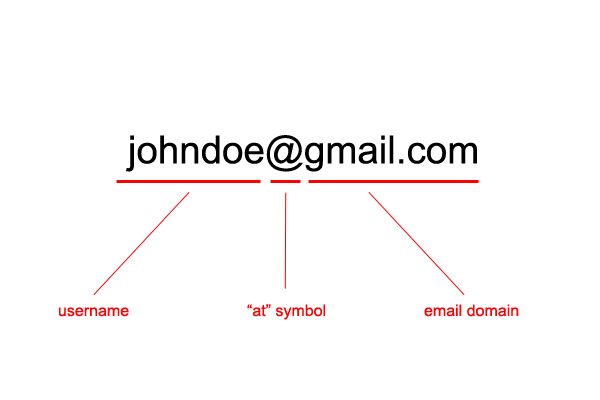
5. Do not remember passwords on other people’s machines
Many browsers will offer to remember your password. Always choose Never remember password for this site, if it’s not your PC or if it’s a publicly accessible PC such as in a cyber café.

6. Make sure your firewall is always set to On
A firewall protects you from viruses, worms and hackers that try to get into your PC over the internet. Most operating systems come with an inbuilt firewall such as the Windows Defender Firewall. The firewall is set to on by default and you should always keep it that way. The system will always alert you if for some reason the firewall is set to off.
7. Always verify the URL of websites
Hackers can sometimes use advanced tricks to redirect you to a con site that looks exactly like the genuine site. The intention is to harvest your private data such as your credit card details and passwords and then use them on the genuine site to defraud you. Always check the URL of your bank or any other site where you perform any monetary transactions before entering any personal and private details.
8. Keep your software updated
Always keep your software up to date to ensure you have recently released security patches.
9. Incognito windows
Use incognito windows to log in to sensitive websites such as your bank account or when you are using a public PC such as in a cyber café.
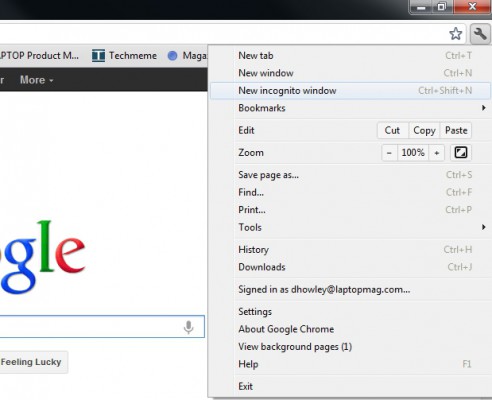
10. Do not allow your PC to be discovered by other PCs or devices on public networks
When connecting to a network, you have seen something like “Do you want to allow this PC to be discovered by other PCs and devices on this network?” Unless advised otherwise by a network admin, always choose No especially on public networks.
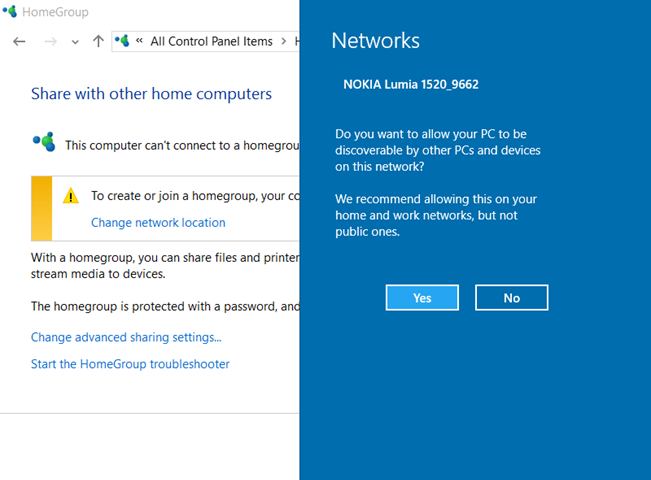

Do you have any news or article you would like us to publish? Kindly reach us via outreach@t4d.co.ke or howtodoafrica@gmail.com.




